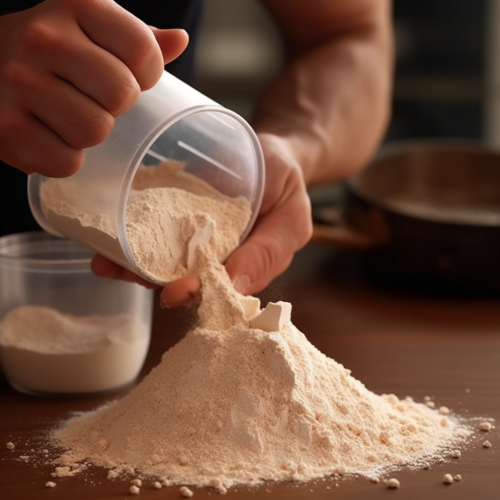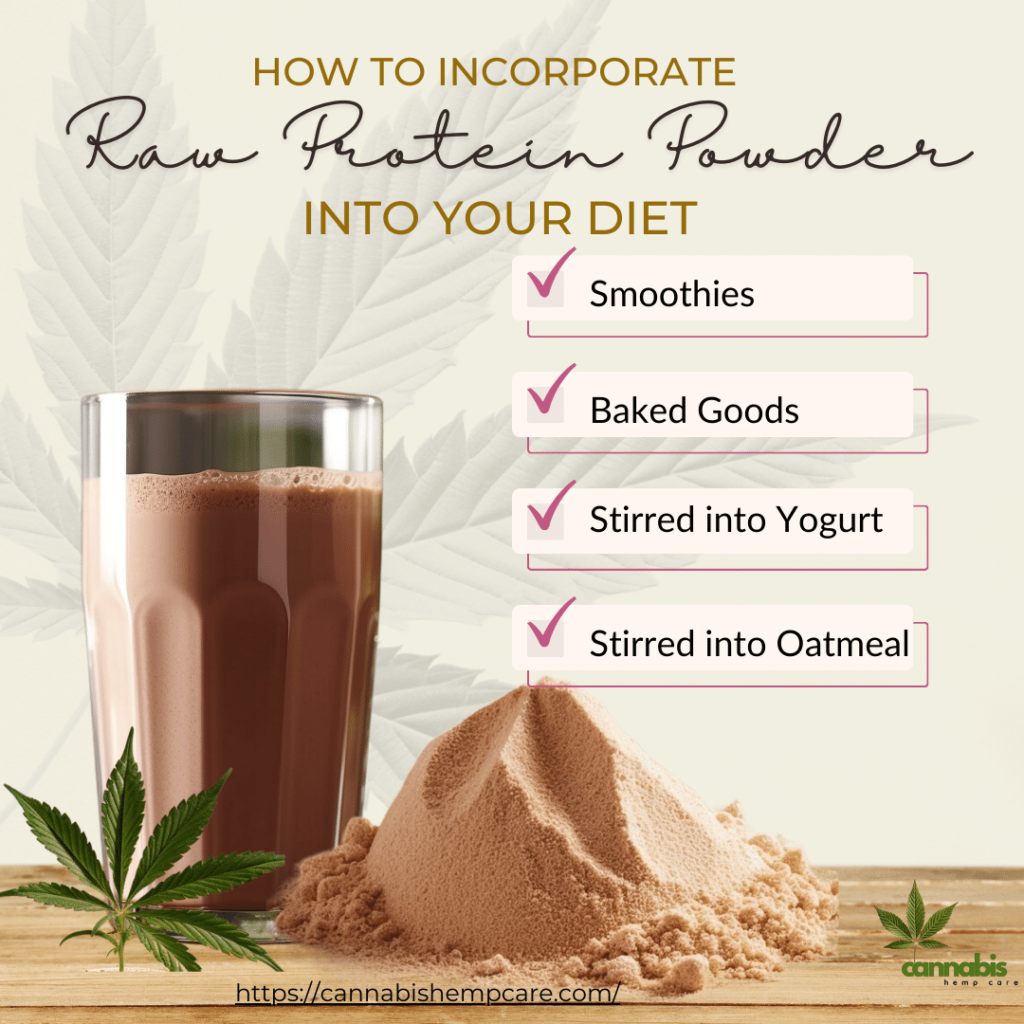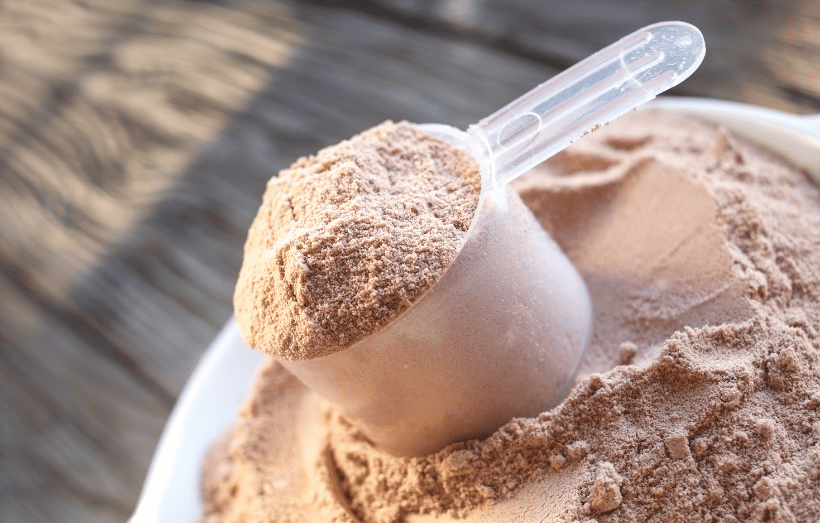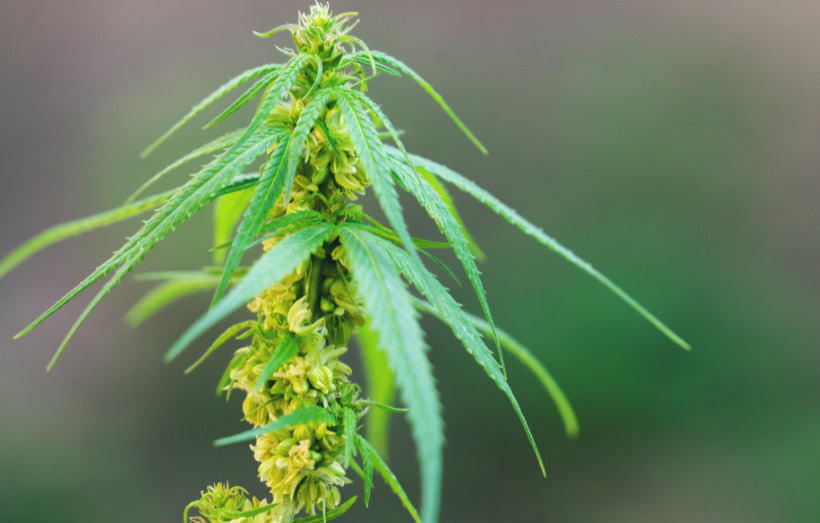Starting a weight loss journey can often lead you to an array of dietary choices, and with the vast array of information out there, it can become overwhelming. Among the popular options, raw protein powder has garnered attention. Let’s delve deeper into this topic, ensuring we base our knowledge on science and credible research.
- What Exactly is Raw Protein Powder?
- Why the Emphasis on “Raw”?
- How Might Raw Protein Powder Aid Weight Loss?
- Is Raw Protein Powder Better Than Other Protein Powders?
- Types of Raw Protein Powders: Which One is for You?
- How to Incorporate Raw Protein Powder into Your Diet
- Safety First: Dosage and Precautions
- Potential Concerns with Raw Protein Powder Consumption
- In Conclusion
- FAQs
What Exactly is Raw Protein Powder?
At its core, raw protein powder is derived from natural protein sources but undergoes minimal processing, which often excludes the application of high heat. This method of processing ensures that the powder retains as many of its natural enzymes, vitamins, and minerals as possible.
Why the Emphasis on “Raw”?
The idea behind consuming “raw” products is rooted in preserving nutritional content. When foods or supplements undergo excessive processing, especially involving high temperatures, some of the beneficial compounds can degrade or become less effective. A study published in the Journal of Nutrition and Metabolism in 2018 demonstrated that heat processing can, in some instances, reduce the bioavailability of certain nutrients and proteins.

How Might Raw Protein Powder Aid Weight Loss?
Given the minimal processing, raw protein powders might offer a more “complete” nutrient profile compared to their more processed counterparts. This means they could provide more of the essential amino acids and other beneficial compounds required for muscle repair and overall health.
Several reasons make protein powders an intriguing choice for weight loss:
- Satiety: Research shows that protein can help you feel full longer. A study published in the American Journal of Clinical Nutrition found that high-protein meals can lead to reduced subsequent calorie intake.
- Metabolic Rate: Protein can increase your metabolic rate, meaning you burn more calories at rest. According to a paper in the Nutrition & Metabolism journal, high-protein diets can boost metabolism by up to 100 calories a day.
- Muscle Maintenance: When you’re losing weight, the goal is to lose fat and not muscle. Protein aids in preserving muscle mass, which is crucial as muscles burn more calories than fat.
Is Raw Protein Powder Better Than Other Protein Powders?
The “raw” in raw protein powder means it retains more natural enzymes and nutrients. However, from a weight loss perspective, what matters most is the protein content. Whether it’s raw, whey, or casein, the protein can potentially help with weight loss, provided it fits into your overall dietary strategy.

Types of Raw Protein Powders: Which One is for You?
Several protein sources can be processed in this “raw” manner:
- Plant-based sources: Such as hemp seeds, peas, and brown rice. A 2017 study in the Journal of the International Society of Sports Nutrition highlighted that pea protein, for instance, can be just as effective as its counterparts in promoting muscle growth when combined with resistance training.
- Animal-Based Sources: Including whey or egg whites. Raw whey is derived from the liquid part of milk that separates during cheese production. Notably, a 2016 study in the American Journal of Clinical Nutrition found that whey protein might promote muscle protein synthesis better than other types of proteins.
How to Incorporate Raw Protein Powder into Your Diet
For beginners, it might seem daunting to add a new supplement to the diet. Here’s a simple guide:

- Smoothies: Blend your raw protein powder with fruits, vegetables, and a liquid base for a nutritious treat.
- Baked Goods: Incorporate it into pancakes, muffins, or even cookies.
- Stirred into Yogurt or Oatmeal: A quick way to boost the protein content of your breakfast.
Safety First: Dosage and Precautions
While protein is beneficial, excessive amounts can be counterproductive. So, how much is too much?
- Recommended Dosage: It’s generally suggested that adults consume 0.6 to 0.8 grams of protein per kilogram of body weight. However, this number can vary based on factors like activity level and age.
- Precautions: Always start with a smaller dose to see how your body reacts. Some might experience digestive issues. If you notice any adverse effects, consult a healthcare provider.
Potential Concerns with Raw Protein Powder Consumption
While raw protein powder boasts numerous benefits due to its nutrient-rich profile, it’s not without its potential pitfalls. Like all supplements, it should complement a well-rounded diet rather than dominate it.
1. Kidney Strain
The Basics: Our kidneys are responsible for filtering waste products from the blood, and protein metabolism results in by-products that the kidneys must excrete.
Why It Matters: Consuming high amounts of protein consistently can increase the kidneys’ workload. For individuals with pre-existing kidney conditions, this can exacerbate problems. A 2019 review in the Journal of Renal Nutrition found that excessive dietary protein might hasten kidney function decline in people with kidney disease.
For the Average Joe: If you have healthy kidneys and stay hydrated, moderate protein intake shouldn’t be a cause for concern. But, the keyword here is moderate.
2. Nutrient Imbalance
The Basics: While protein is vital, our body also needs carbohydrates, fats, vitamins, and minerals to function optimally.
Why It Matters: Relying too heavily on protein powders might result in neglecting other essential nutrients. For instance, replacing balanced meals with protein shakes can lead to deficiencies in vitamins and minerals. A study in the American Journal of Clinical Nutrition in 2018 emphasized the importance of a balanced diet in overall health and disease prevention.
For the Average Joe: Protein shakes are an addition to a diet, not a replacement for whole foods. It’s always best to derive most of your nutrients from whole foods, as they offer a comprehensive array of vitamins, minerals, and beneficial compounds.
3. Digestive Issues
The Basics: Some individuals might experience digestive discomfort when consuming protein powders, especially if they’re lactose intolerant or sensitive to certain ingredients.
Why It Matters: Symptoms can range from gas and bloating to more severe reactions in those allergic to ingredients. According to a 2017 review in the World Journal of Gastroenterology, individuals with lactose intolerance often experience digestive issues when consuming whey protein, a common component of many protein powders.

In Conclusion
Raw protein powder can indeed be a potent ally in weight loss, but it’s essential to remember that it’s just one tool in the toolbox. A balanced diet, regular exercise, adequate sleep, and stress management are equally, if not more, crucial in achieving and maintaining a healthy weight.
Your journey to weight loss is uniquely yours. Raw protein powder might be a stepping stone, but the path is paved with holistic well-being and informed choices.
FAQs
Can you lose belly fat while taking protein powder?
Yes, incorporating protein powder can be a component of a weight-loss strategy, which includes belly fat reduction. Protein can increase feelings of fullness and boost metabolic rate. A study published in the American Journal of Clinical Nutrition in 2008 showed that a high-protein diet can enhance fat-burning and reduce appetite. However, simply adding protein powder without considering overall caloric intake and physical activity might not yield the desired results. It’s essential to use protein powder as a part of a balanced nutrition plan combined with regular exercise.
When should I take protein powder to lose fat?
Consuming protein powder in conjunction with resistance training or aerobic exercise can support muscle preservation while promoting fat loss. Many individuals find benefit in consuming protein post-workout, as it can support muscle recovery. However, the timing of protein supplementation is less critical than the overall daily protein intake. It’s also beneficial to distribute protein intake evenly throughout the day, as suggested by a 2018 study in the Journal of Nutrition.
What happens if you drink protein shakes without working out?
Protein shakes can still provide valuable nutrients even if you’re not working out. However, if your caloric intake exceeds your caloric expenditure, you may gain weight. Remember, protein powders contribute to your daily calorie count. According to research from the Obesity Society in 2015, those who consume more protein without increasing physical activity or making other dietary changes may see an increase in body weight.
How long do you need to take protein powder to see results?
The time to see results from protein powder supplementation varies based on individual goals, dietary habits, exercise routines, and metabolic rate. Generally, for muscle growth or recovery, some individuals notice improvements in muscle tone and strength within a few weeks of consistent resistance training and protein supplementation. For weight loss, consistency in diet, overall calorie intake, and exercise play a significant role, and results can manifest in several weeks to months.
What is the best time to drink protein powder?
The optimal timing for protein consumption depends on your goals:
Post-Workout: Consuming protein powder after exercising can support muscle recovery and growth. A study in the Journal of the International Society of Sports Nutrition in 2017 emphasized the benefits of protein consumption post-exercise.
Meal Replacements or Snacks: If you’re using protein shakes as a meal replacement or snack, it’s suitable to consume them when you’d typically have a meal or feel hungry.
Before Bed: Some individuals consume casein, a slow-digesting protein, before sleep to support muscle recovery overnight, as a 2012 study in Medicine and Science in Sports and Exercise highlighted.




































